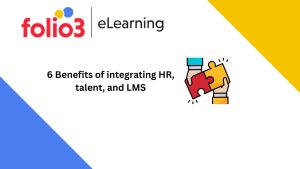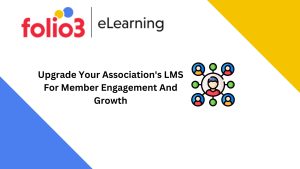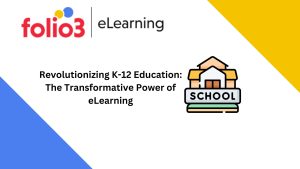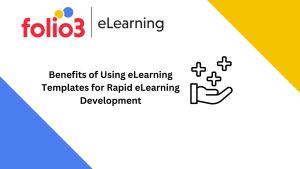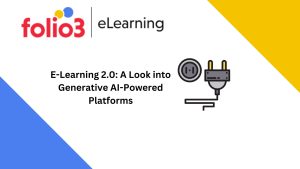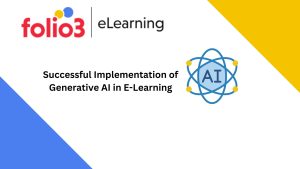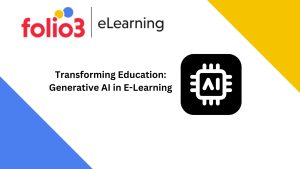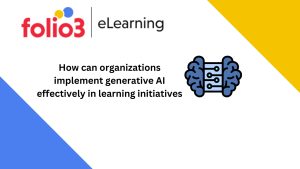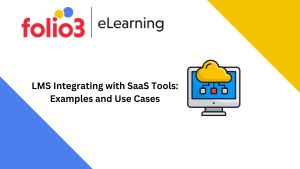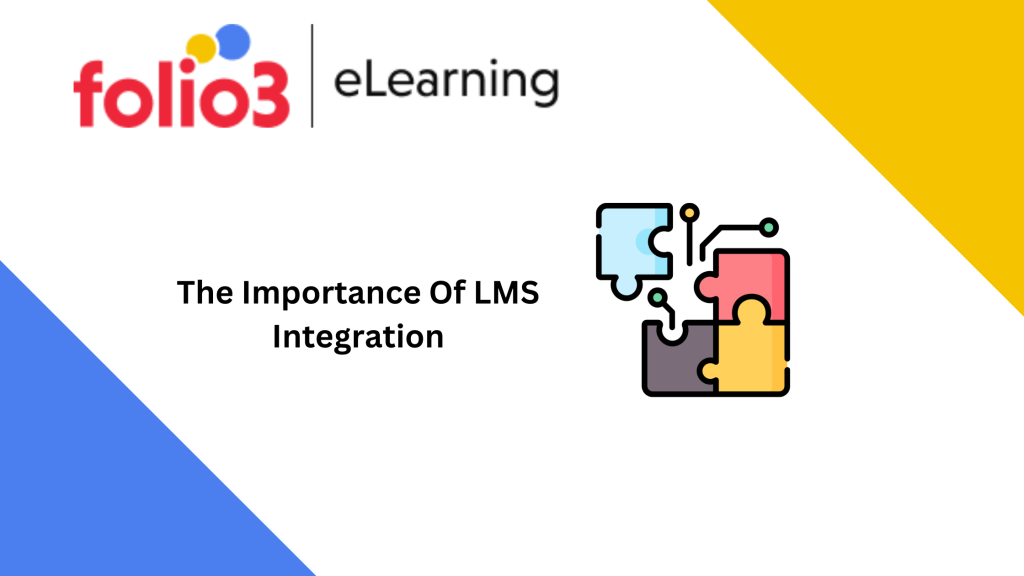
Executive Summary:
The importance of LMS integration cannot be emphasized enough in the modern, dynamic educational environment. LMS integration services are essential for educational institutions since they provide smooth data sharing and improved accessibility.
Introduction:
Learning Management Systems (LMS) are at the forefront of the digital change taking place in the field of education.
These platforms have proven essential to conventional and online learning, allowing teachers to communicate with students, provide curriculum, and evaluate learning results more efficiently.
However, integration is the only way for LMS to reach its full potential. In this post, we’ll examine the value of LMS integration services and discuss how they influence the direction of education.

The Significance of LMS Integration
The foundation of modern education is LMS integration, which enables schools to offer a customized and effective learning experience by smoothly integrating systems, automating workflows, and connecting systems.
- Efficient Data Management
The seamless data flow between an LMS and other educational systems, like Student Information Systems (SIS) or content libraries, is one of the main justifications for doing so.
With the aid of LMS integration services, vital data, including student enrollment information, class schedules, and grades, may be automatically exchanged.
As a result, there will be less human data entry and a lower chance of mistakes, giving instructors access to accurate and current data. Teachers can concentrate more easily on what they do best: teaching, thanks to the streamlining of data management.
- Improved Usability and Accessibility
Accessibility is crucial in the age of distance learning and online education. By linking the LMS with Single Sign-On (SSO) solutions, LMS integration services allow institutions to offer a more user-friendly experience by making it more straightforward for professors and students to access the platform and related resources.
Additionally, learners can access content in various formats and interact with it in ways that are appropriate for their particular requirements, thanks to integration with content repositories, video conferencing tools, and accessibility features.
Modern education is known for its inclusion.
- Personalised Learning
LMS integration services give educators the ability to customize the learning process. Institutions can gain insight into the performance and engagement of their students by merging data analytics and learning analytics solutions.
Then, this information can be utilized to customize learning routes, suggest extra resources, and offer prompt interventions to students who need them.
Fundamentally, LMS integration promotes adaptive learning by guaranteeing that each student can succeed by obtaining the appropriate level of assistance at the appropriate moment.
- Efficiency in Administration
Administrative responsibilities are significantly impacted by LMS integration services outside of the classroom.
Integrated LMS systems lessen administrative burdens by automating course registration, handling financial transactions, and enabling department communication.
In addition to saving time and money, this efficiency helps educational institutions deploy their funds more wisely, ultimately benefiting students.
- Automated Assessment and Feedback
Beyond just delivering course materials, LMS integration services are essential for automating the evaluation and feedback procedures.
The ability to generate tests, assignments, and quizzes within the LMS allows teachers to integrate with grading and assessment tools. As a result, response times for feedback and grading are shortened, and students receive more thorough input.
Additionally, integrated analytics can assist teachers in locating potential problem areas for their students, allowing for prompt intervention and support.
- Resource Management
Educational institutions can efficiently optimize their resource use with the help of LMS integration services.
For instance, universities and schools can ensure that physical classrooms are utilized effectively, lowering scheduling conflicts and providing a better-organized learning environment by integrating with room scheduling systems.
This optimization extends to staffing, enabling better faculty and support staff distribution following student demand and course requirements.
- Scalability and Adaptability
Scalability and adaptability are essential in a world of education that is continually changing.
The adaptability required to integrate new tools, technologies, and educational platforms effortlessly is provided by LMS integration services.
This future-proofing ensures institutions can stay on top of things and adjust to shifting student expectations and educational trends without interfering with regular operations.
- Making Decisions Based on Data
The use of LMS integration services helps educators make decisions based on data.
Institutions can learn more about their students’ performance, engagement, and general contentment by gathering and analyzing data from interconnected systems.
Strategic choices like curriculum modifications, budget allocation, and the creation of new programs can all be based on this data, resulting in ongoing improvements in educational quality.
- Reporting and Compliance
Educational institutions must follow a lot of regulatory and compliance regulations. By automating reporting procedures, LMS integration makes compliance easier.
This is particularly crucial for higher education institutions that must submit reports to government or accreditation organizations.
The administrative burden can be reduced, and institutions’ good standing is ensured via integrated systems, which can produce compliance reports with less manual labor.
- Communication and Cooperation
In today’s educational environment, effective communication and collaboration are crucial.
LMS integration services can link the LMS with communication technologies to facilitate smooth communication between students, instructors, and administrators.
This encourages community inside the educational institution and ensures all stakeholders can immediately access crucial announcements, updates, and conversations.
Conclusion:
In conclusion, the importance of LMS integration services in the current educational environment cannot be overemphasized.
These services improve accessibility, streamline data administration, and promote personalized learning paths, resulting in a more effective and efficient educational experience.
Institutions that embrace LMS integration will find themselves better positioned to fulfill the varied requirements of their students and survive in the digital era as technology continues to play an ever-expanding role in education.
Maintaining competitiveness and delivering the greatest education possible is essential, not merely for convenience’s sake.

FAQS – Importance Of LMS Integration
Modern education requires LMS integration to optimize administrative duties, improve accessibility, personalize learning, and streamline data management.
Students gain from LMS integration by getting a more user-friendly experience, personalized learning paths, and quick access to materials, all of which help them achieve better academic results.
The advantages of LMS integration for educators are the automation of assessment and feedback, greater student communication, and data-driven insights into student performance that enable more effective teaching tactics.
Without a doubt, LMS integration is adaptable and may include new tools and technologies as education develops, making it a solution that will still work for schools.
Data is key to LMS integration to enable data-driven decision-making, individualized learning, and improved communication inside educational institutions.
